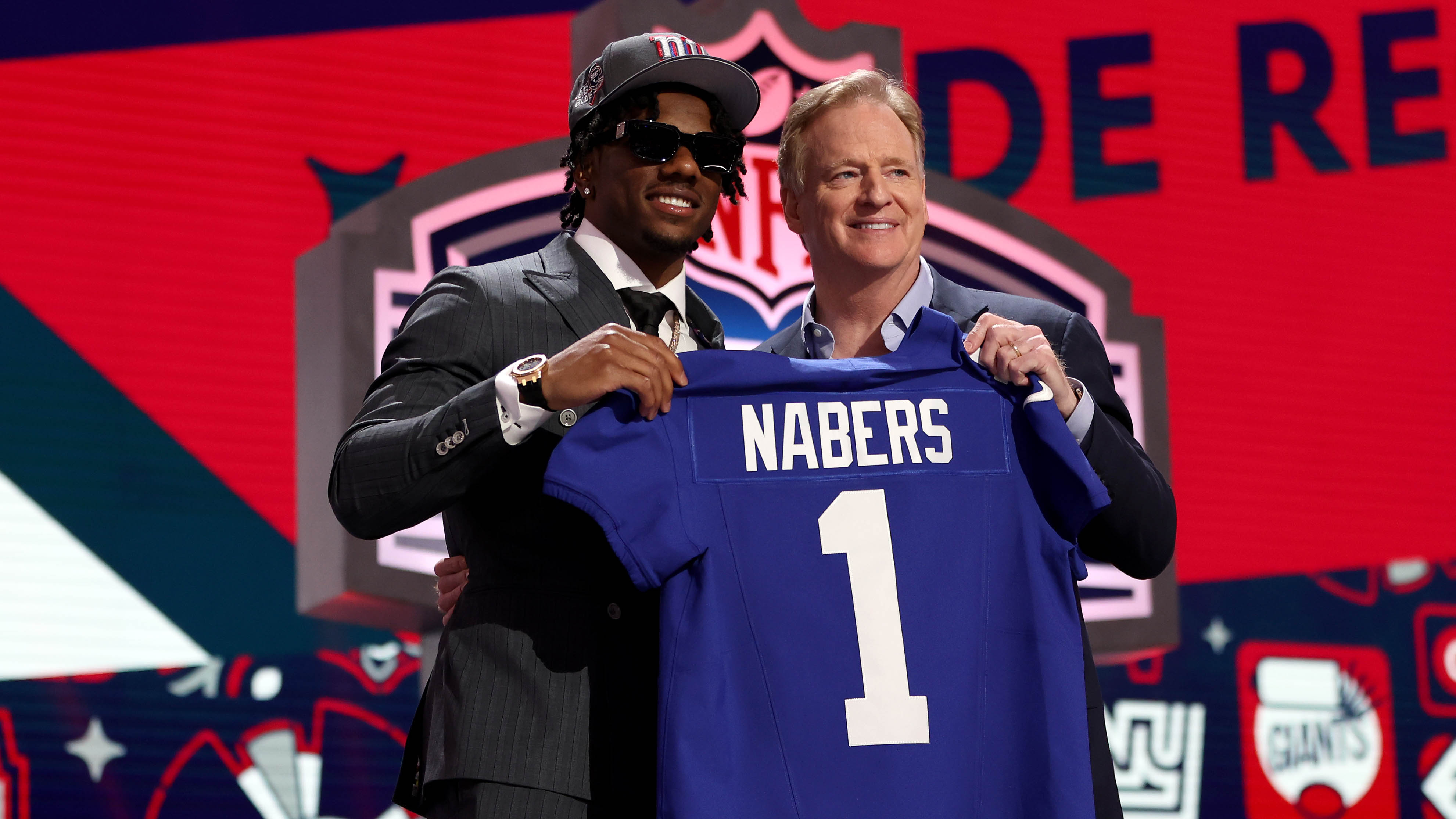Bill Niemeic, a red-bearded trucker in Steelers' cap and jacket, is in a pretty good mood as he folds his clothes at a downtown laundry -- until you ask him about his state government.
"Get rid of them all," said Niemeic, who at 47 and white, is among New York's most reliable voting blocs. "They're all a bunch of thieves and crooks," he said of the 30-year control of Republicans in the Senate and Democrats in the Assembly.
He ticks off why he's ticked off: The nation's highest property taxes, powerful special interests, and $20 billion in deficits forecast for the next three years.
That sentiment, coming from what until recently was the Senate district of New York's top Republican, isn't what the GOP wants to hear as they seek to cling to their decades-long Senate majority.
Statewide, Democrats have grown to a better than 5:3 voter edge. The bluing has reached even GOP strongholds such as New York City's northern suburbs and Long Island, which Ronald Reagan once quipped was Republican heaven.
Senate Democrats are counting on that change of tint along with a surge of voters drawn by Barack Obama's presidential run to erase the GOP's 31-29 majority. There are two vacancies the parties expect to split. Democrats have ruled the Senate in just one year -- 1966 -- since Franklin Roosevelt was governor, Buffalo and Schenectady were manufacturing giants, and Babe Ruthme measures like the expansion of the DNA data base and elimination of the statute of limitations for rape, Skelos said.
"It's an old scare tactic," Smith responded. "They should be ashamed of themselves."
Local
Smith countered that he proposed the lowest annual property tax cap of about 2 percent annually, has an upstate caucus focused on creating jobs, and his ranking member of the powerful Finance Committee is from Erie County.
Robert B. Ward, deputy director of the Rockefeller Institute of Government research center, agrees regional bias could creep into decisions about an array of legislation from regulating the Adirondacks to school aid to property tax relief.
Statewide, 52 percent of voters in a Quinnipiac University poll in August backed a Democratic takeover of the Senate, with 32 percent supporting the status quo. Of that, 88 percent of blacks and 55 percent of union households -- big blocs for Obama -- wanted a Democrat-led Senate. The Legislature as a whole had a 26 percent approval rating, the lowest since 2004.
To underscore the need for an opposing voice, Republicans quickly invoke the name of Gov. Eliot Spitzer, whose Democratic administration was accused of using state police for political espionage, who tried to give driver's licenses to illegal immigrants, and who resigned in March when named in a federal prostitution investigation.
In rare polling of Senate districts, Siena College's pollster found three Republican senators in neck-and-neck races in Queens, Suffolk County and Rochester; one Democratic senator trailing a Republican challenger in Erie County; and a Democrat leading in the race for an open, but traditionally Republican seat in a Buffalo suburb.
Weirder still, a tie is possible.
New York has no lieutenant governor to break ties since Paterson rose to governor. So unless democracy breaks out and all lawmakers act cooperatively on the merits of bills, the new Senate in a tie could be marked by gridlock. Legal arguments to claim the upper hand are already being prepared.
Yet if Republicans lose, Smith said they won't face the same restrictions they placed on the Democratic minority. As majority leader, Smith says he would pass the in-house reforms and campaign finance reforms he's sought to open up the government.
"Whether you are a Democrat or Republican, you will have equal ability to bring a bill to the Senate floor," Smith said.
But for Democrats, winning a slim majority doesn't necessarily mean happy days are here again.
Three Democrats are wild cards who could side with Republicans on votes, or even join them to keep or regain a majority: Sen. Carl Kruger of Brooklyn, who in 2007 became the first Democrat provided a committee chairmanship from the Republican majority, along with its $12,500 stipend; Pedro Espada Jr., who won the Democratic primary to return to his former Bronx seat and has long been close to Republicans; the Rev. Ruben Diaz Sr. of the Bronx, who is running as a Democrat and Republican.
Back at the laundry, Niemeic just shakes his head at how it all works.
"I think this state is going to be in a lot worse shape before it gets better," Niemeic said. "I think if they all got off their hands and worked together, they'd actually get something accomplished. But I don't see that happening."



